Telling a story of research through photography
The ‘photo of the week’ is a weekly series featuring photographs taken by BU academics and students for our Research Photography Competition which took place earlier this year.
These provide a snapshot into some of the incredible research taking place across the BU community.
This week’s photo of the week is the last in the series, taken by Mikhail Kapychka; The Royal Society 2019 Astronomy category winner
‘Halo’
‘This image of the lunar halo inspired me to explore this natural phenomenon. I accidentally saw a halo around the moon and took this photo in the night winter forest. A halo is an optical phenomenon, a glowing ring around a light source. There are many types of halos and they are caused mainly by ice crystals in Cirrus clouds at an altitude of 5-10 km in the upper troposphere. The type of halo depends on the shape and location of the crystals. Light reflected and refracted by ice crystals often decomposes into a spectrum, making the halo look like a rainbow. The most vivid and full-colour are pargelia and anti-aircraft arc, less bright-tangent small and large halo.’
‘Now I am engaged in research and a variety of this natural phenomenon, I have a large collection of photos of different types of halo around the world, and thanks to this, people learn about this fascinating phenomenon.’

If you have any questions about the Photo of the Week series or the Research Photography Competition please email research@bournemouth.ac.uk

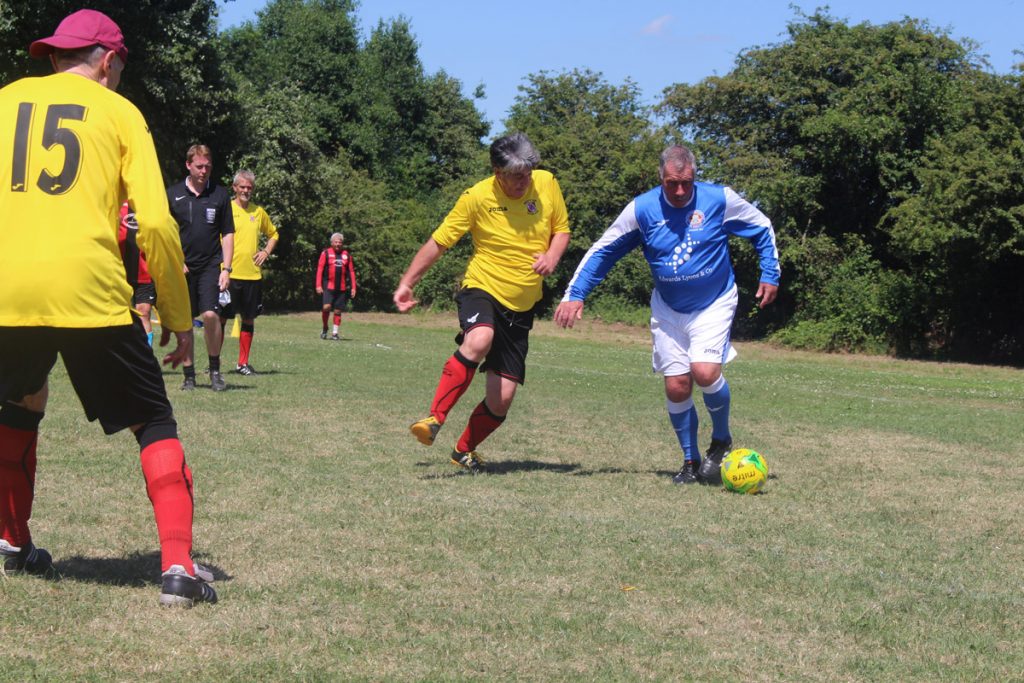

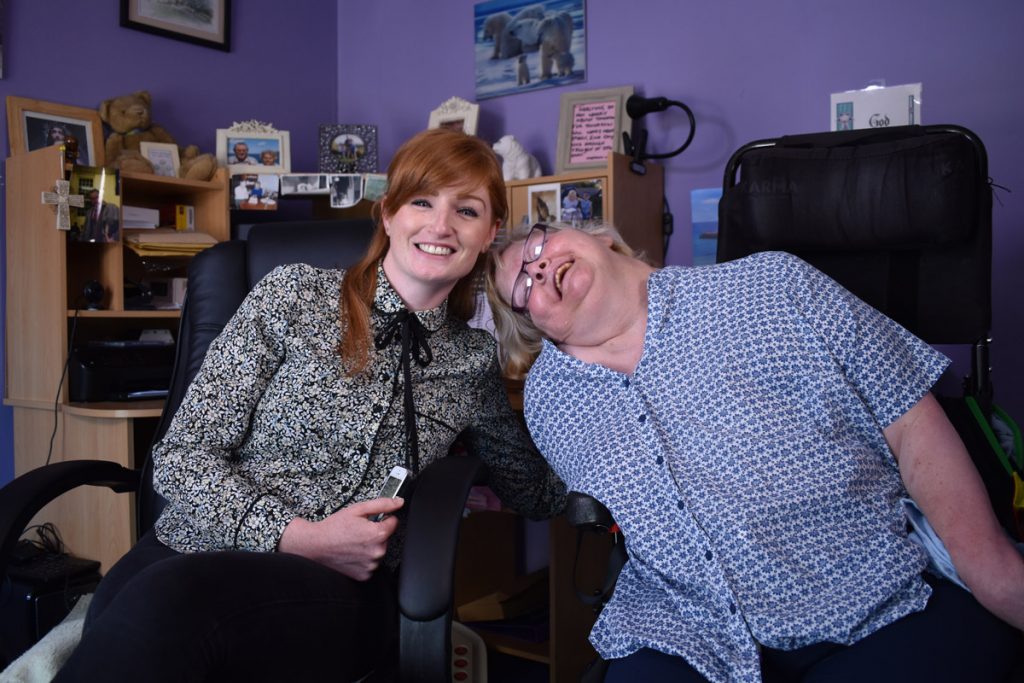
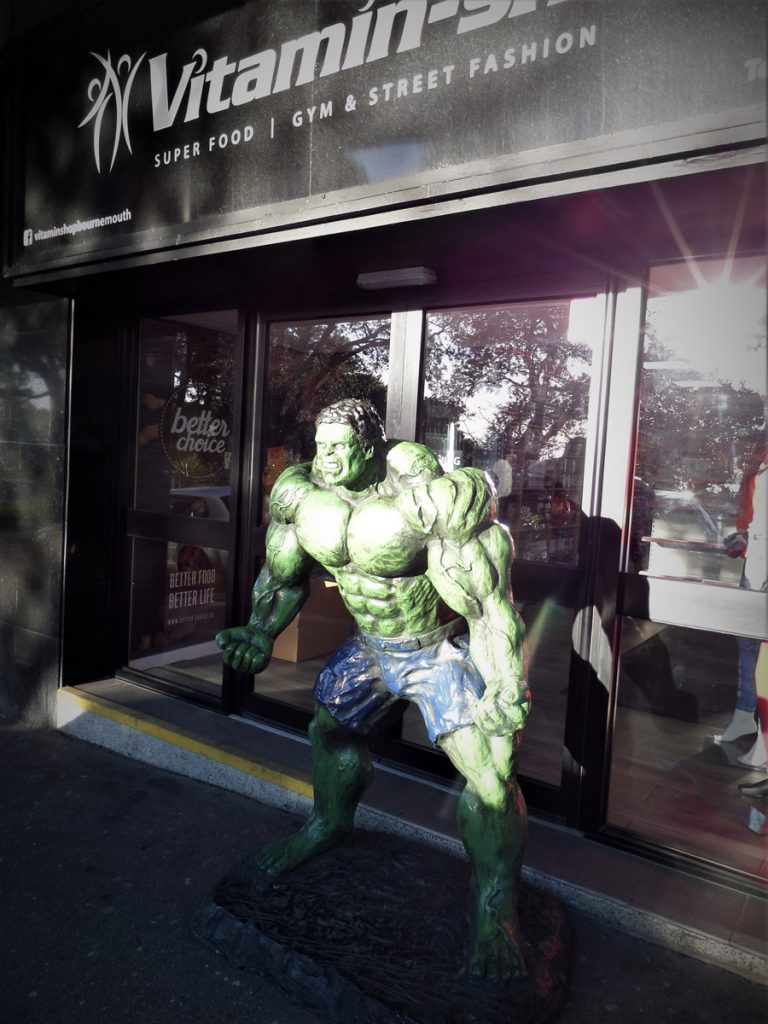
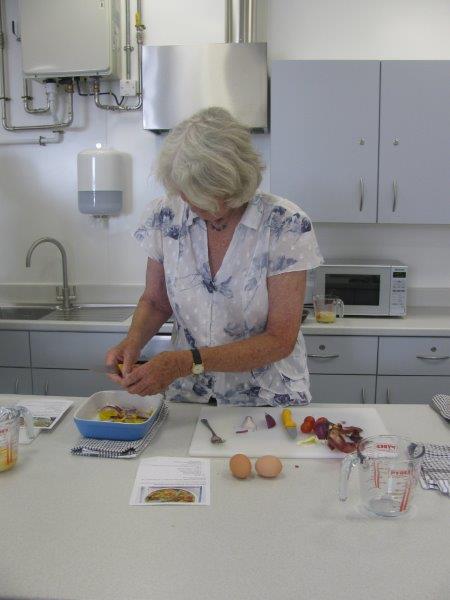
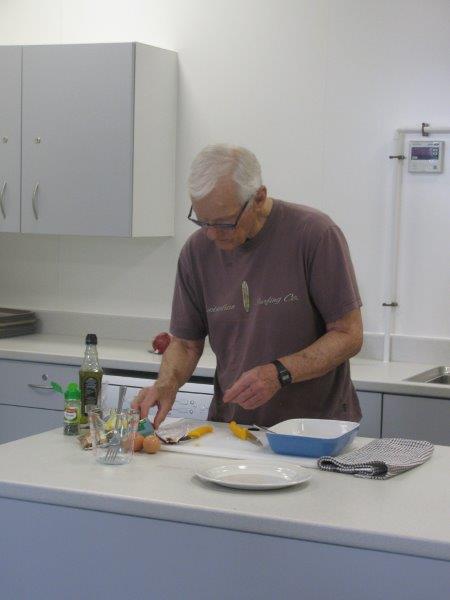

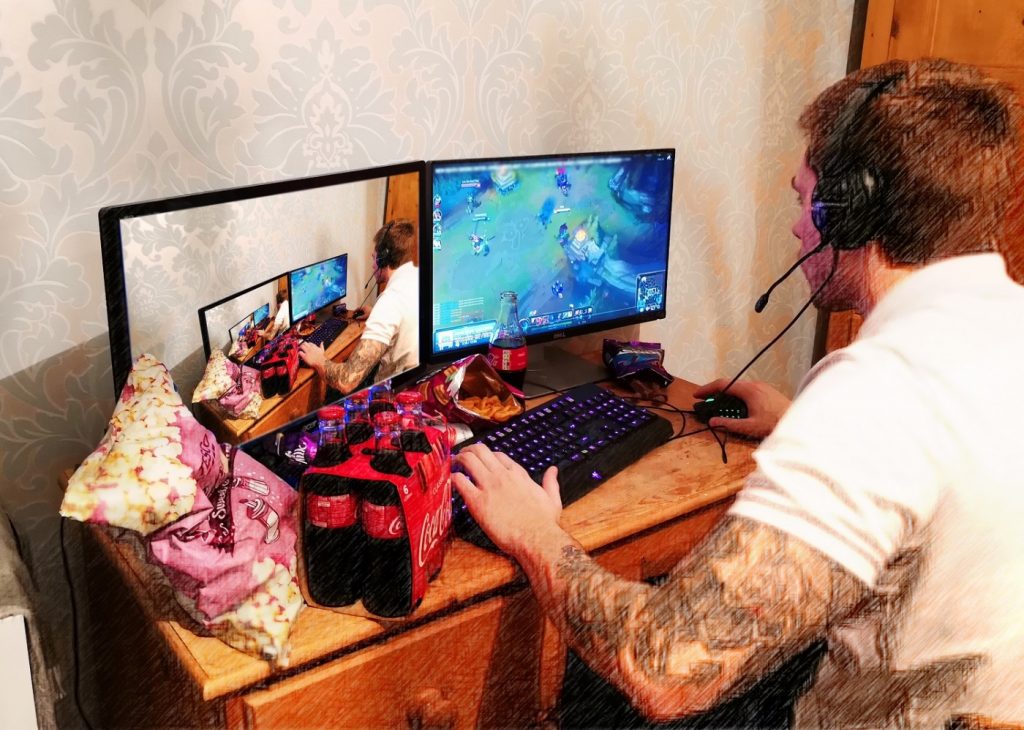 Digital Tethering: Understanding Digital Immersion within Streaming and E-Sports
Digital Tethering: Understanding Digital Immersion within Streaming and E-Sports Welcome to BU from China! From the beginning to the end of your studies at BU, let’s focus on the middle bit and the all-important ‘sandwich placement’!
Welcome to BU from China! From the beginning to the end of your studies at BU, let’s focus on the middle bit and the all-important ‘sandwich placement’!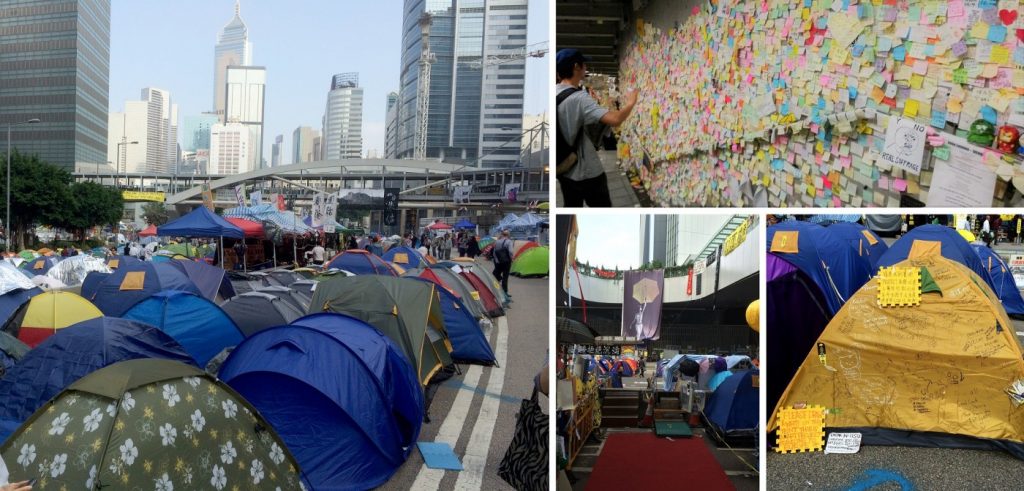
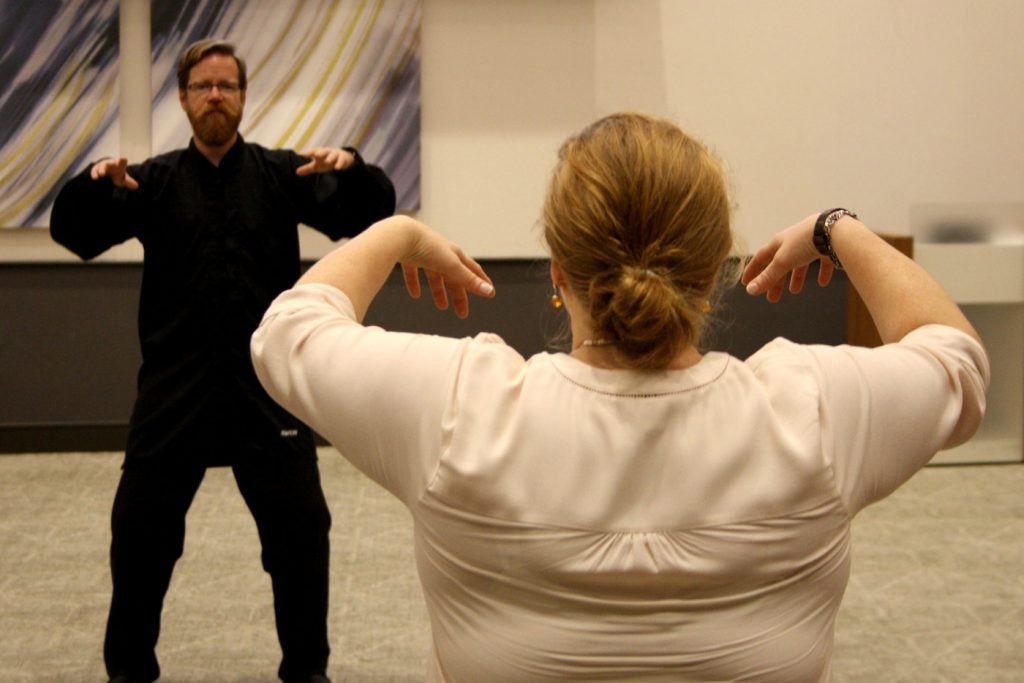
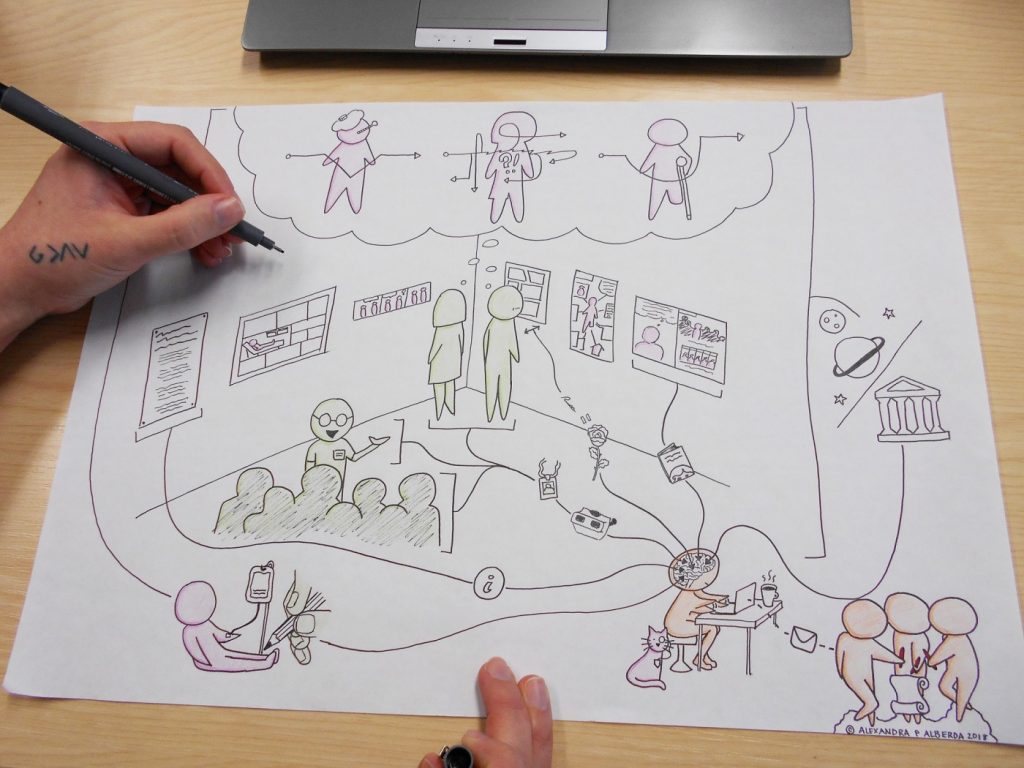

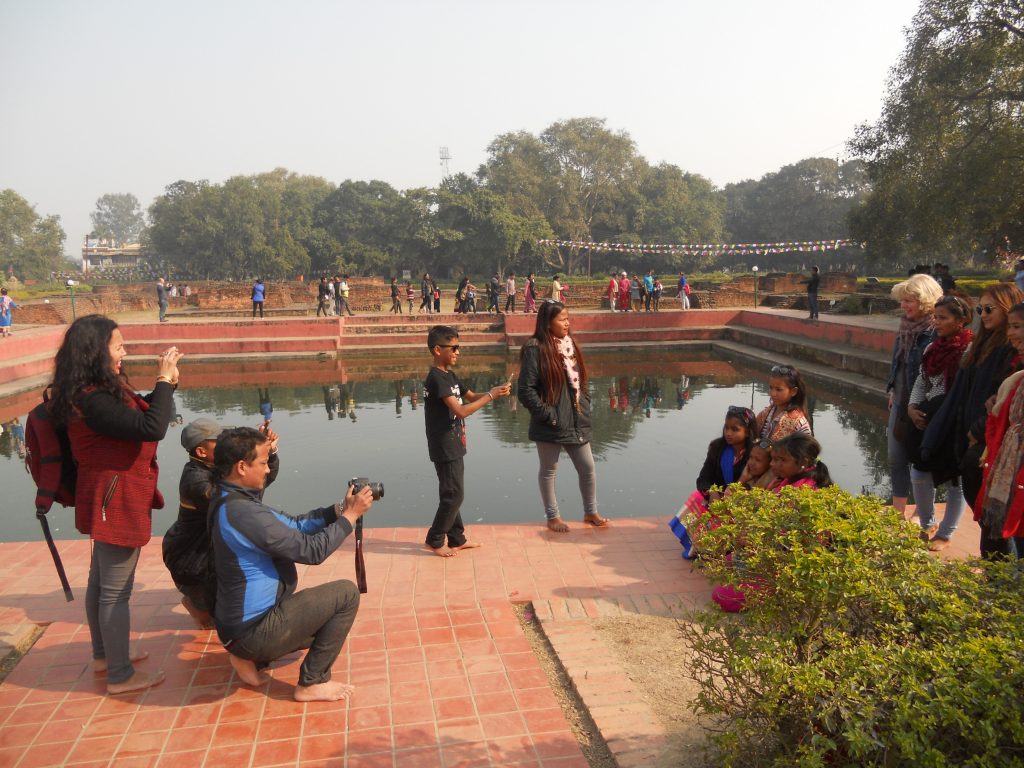

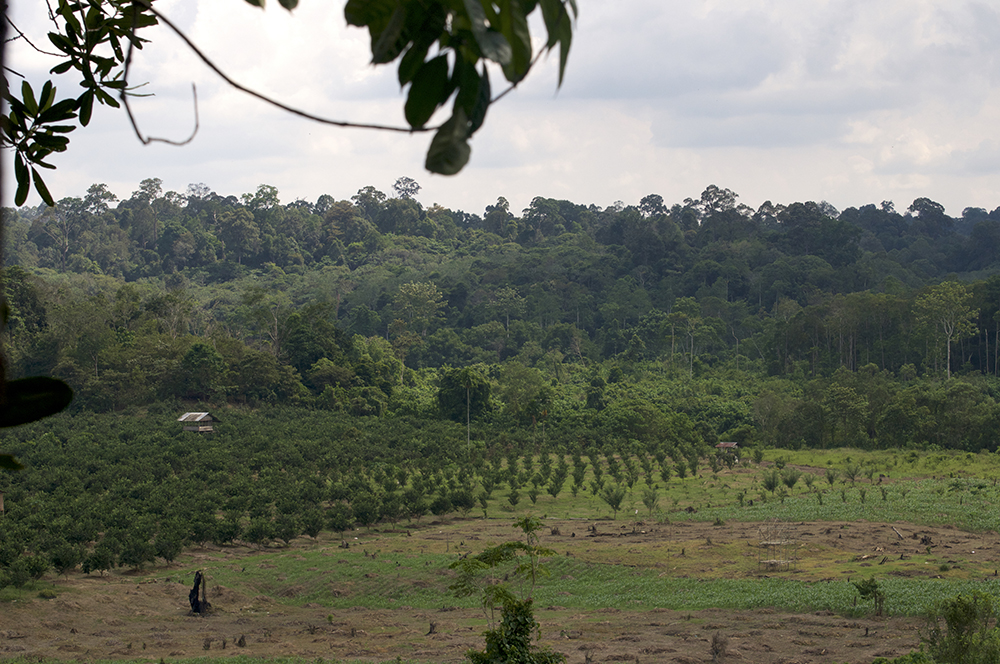
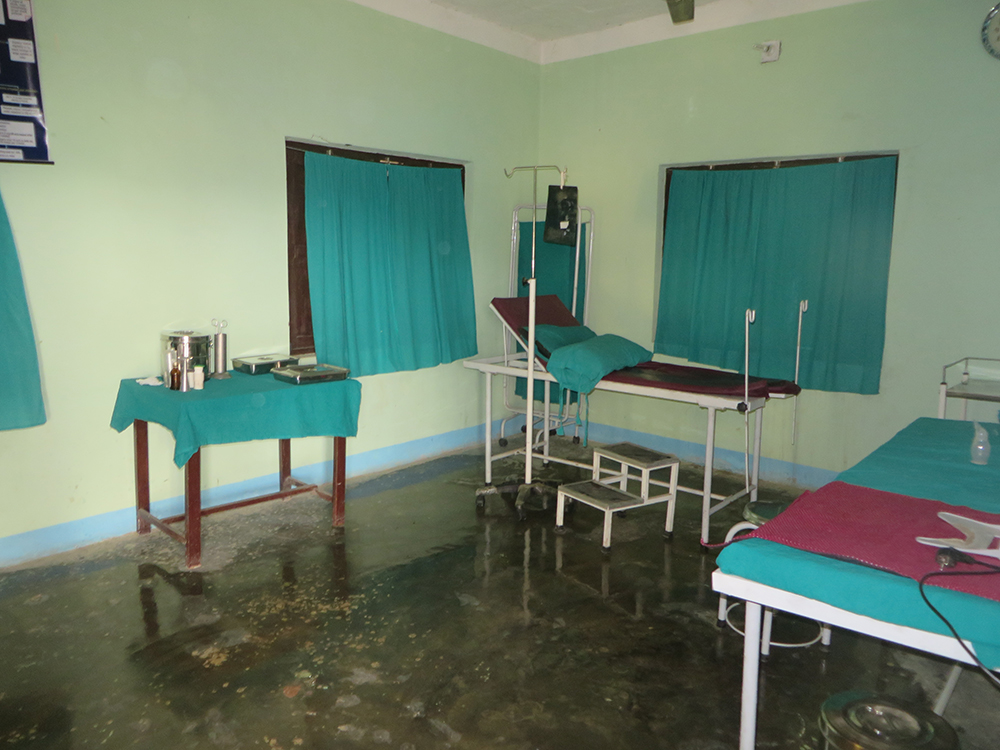
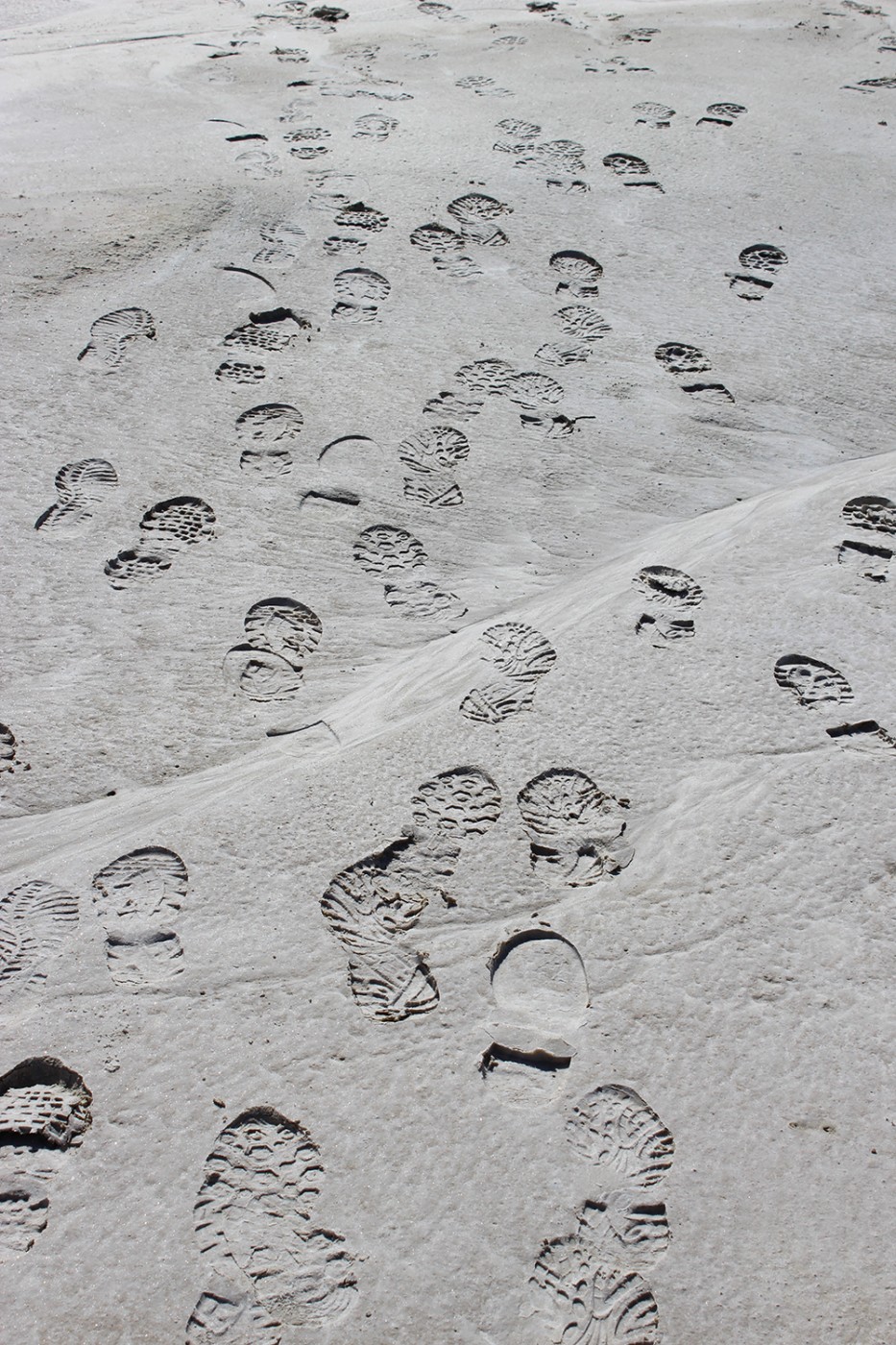











 BU attendance at third annual GCPHR meeting in June
BU attendance at third annual GCPHR meeting in June Interactive Tangible and Intangible Heritage Applications – BU student work featured in new book chapter
Interactive Tangible and Intangible Heritage Applications – BU student work featured in new book chapter Second NIHR MIHERC meeting in Bournemouth this week
Second NIHR MIHERC meeting in Bournemouth this week MSCA Postdoctoral Fellowships 2025 Call
MSCA Postdoctoral Fellowships 2025 Call ERC Advanced Grant 2025 Webinar
ERC Advanced Grant 2025 Webinar Horizon Europe Work Programme 2025 Published
Horizon Europe Work Programme 2025 Published Horizon Europe 2025 Work Programme pre-Published
Horizon Europe 2025 Work Programme pre-Published Update on UKRO services
Update on UKRO services European research project exploring use of ‘virtual twins’ to better manage metabolic associated fatty liver disease
European research project exploring use of ‘virtual twins’ to better manage metabolic associated fatty liver disease